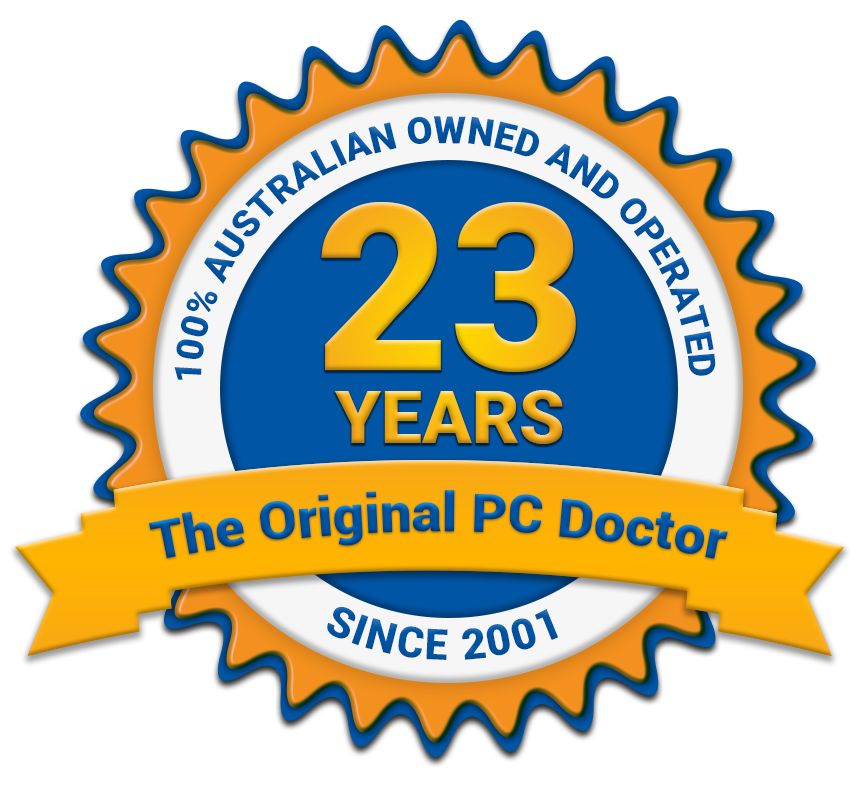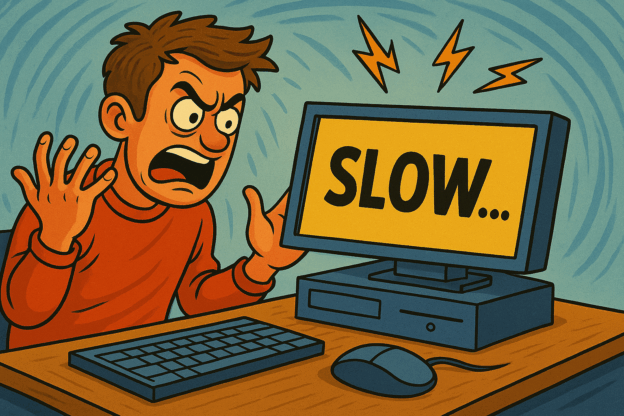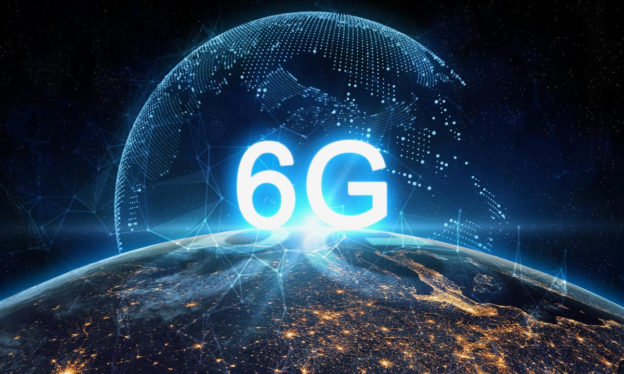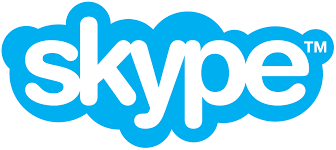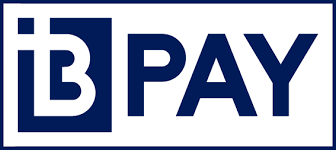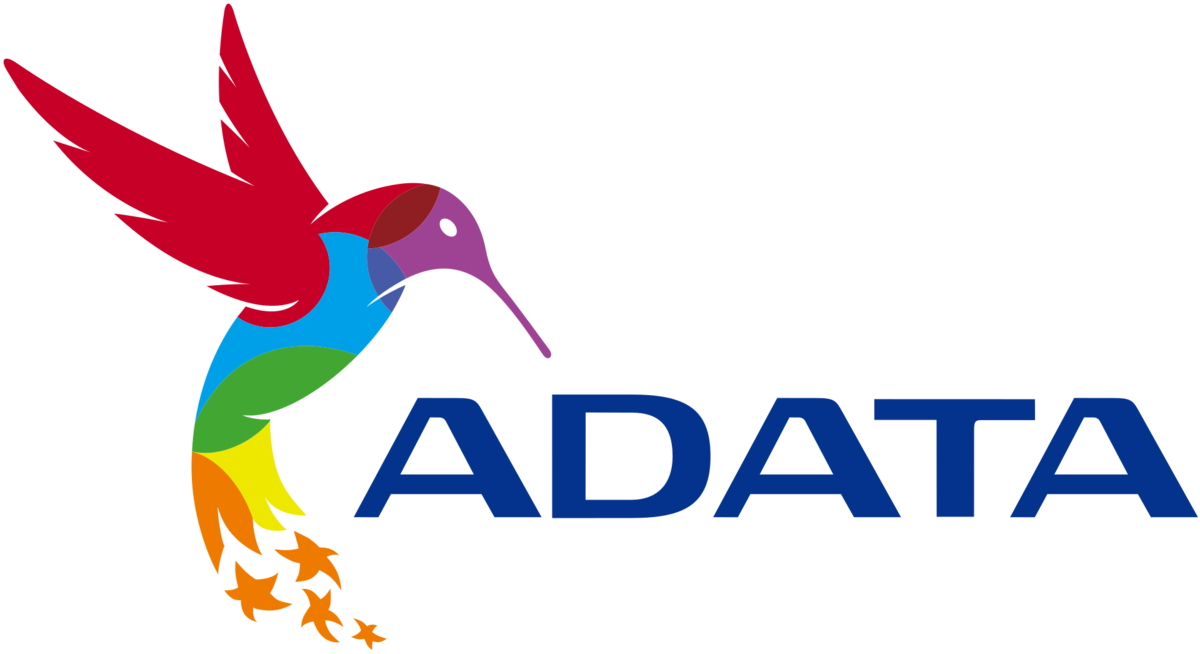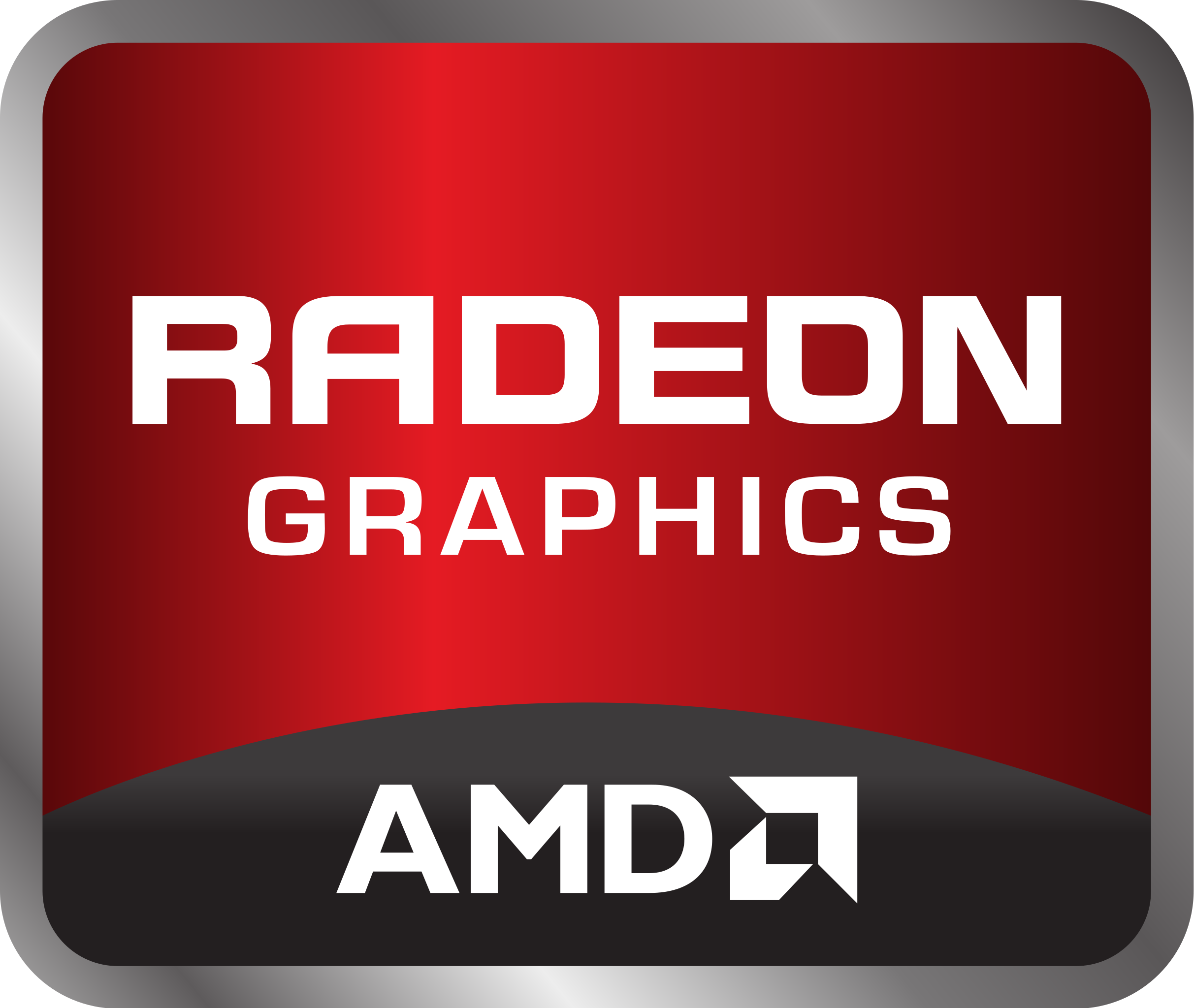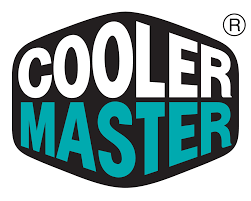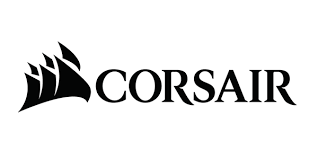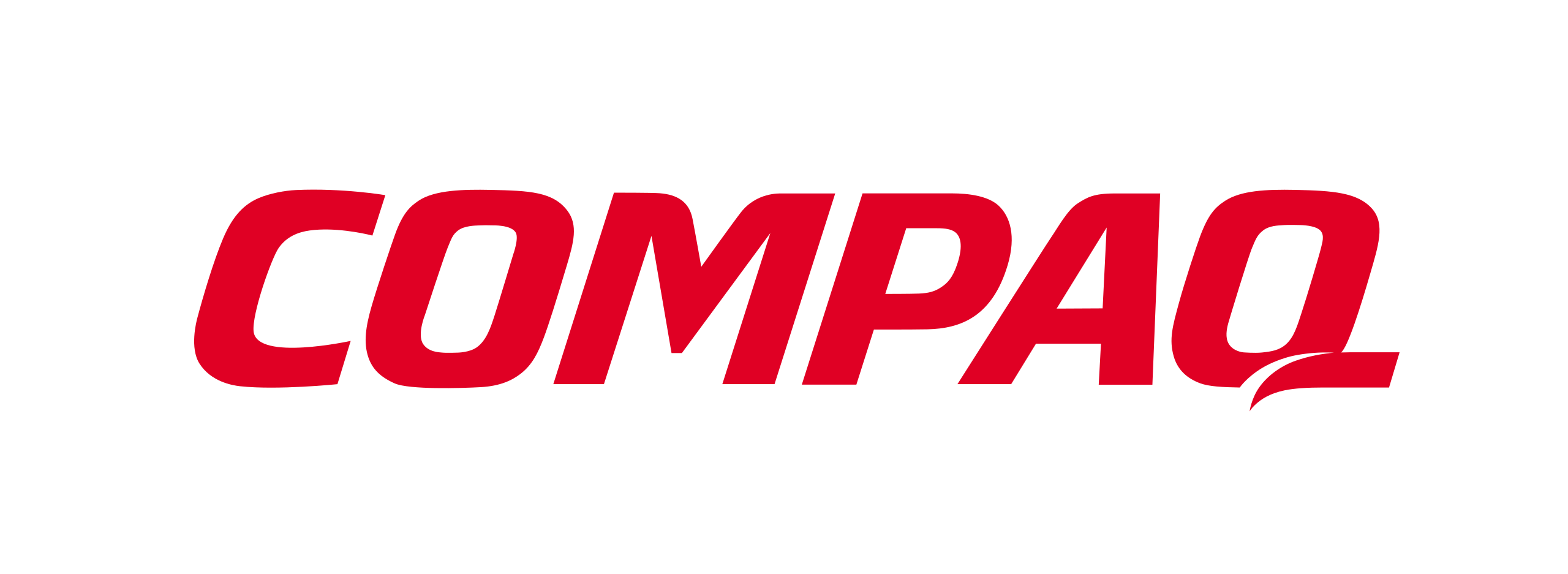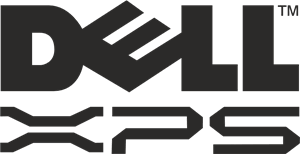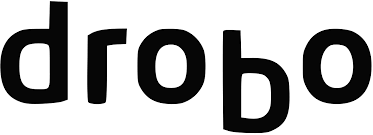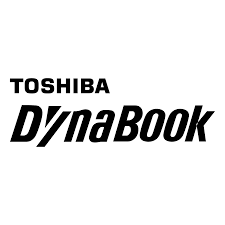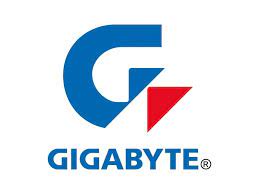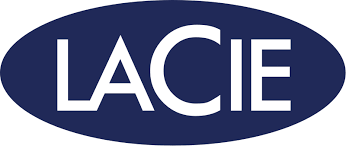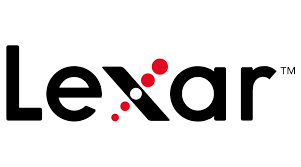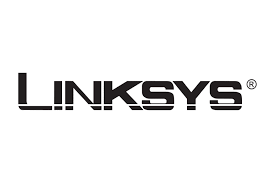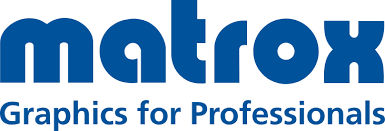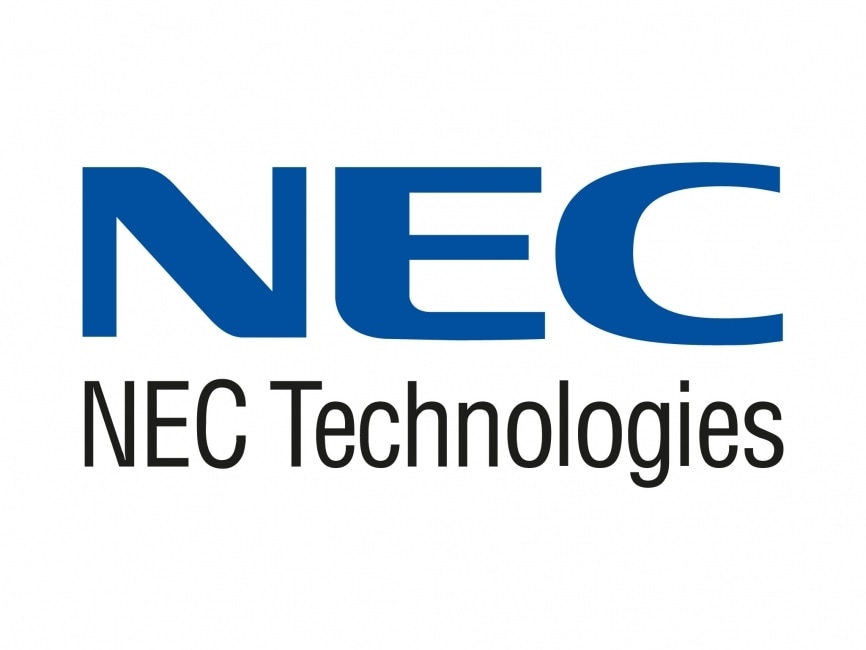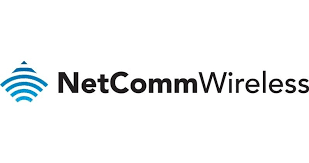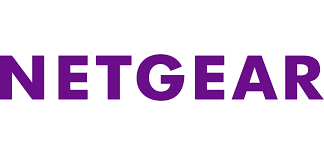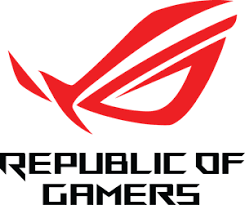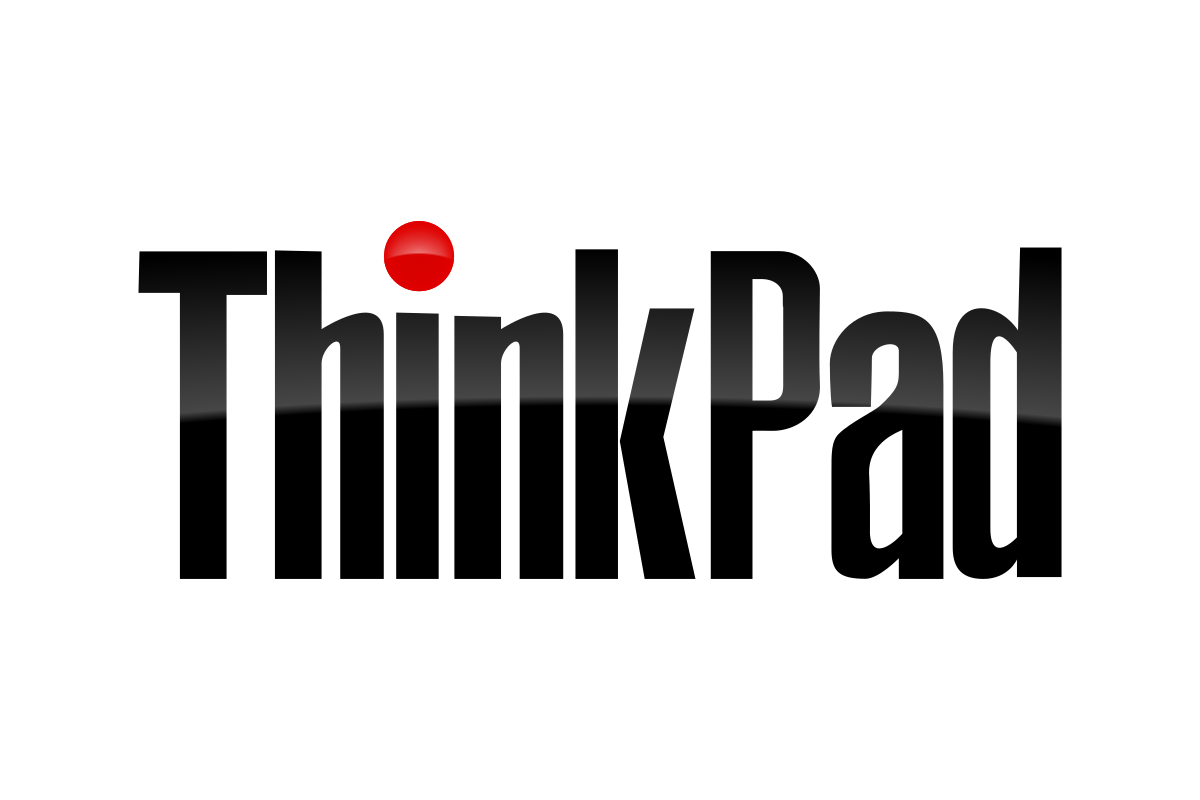There could be several reasons why your computer is running slowly. Here are some common factors to consider:
- Insufficient RAM (Random Access Memory): If your computer doesn’t have enough RAM, it can struggle to handle multiple tasks simultaneously, leading to slow performance. Consider upgrading your RAM if possible.
- Low Disk Space: When your hard drive or SSD (Solid State Drive) is nearly full, it can slow down your computer’s performance. Try freeing up disk space by deleting unnecessary files or moving them to an external storage device.
- Background Programs: Programs running in the background can consume system resources and slow down your computer. Close any unnecessary programs or applications that you’re not using.
- Startup Programs: Too many programs set to launch automatically when your computer starts can significantly impact boot time and overall performance. Disable unnecessary startup programs to speed up boot times.
- Malware or Viruses: Malicious software can infect your computer and cause it to slow down or behave erratically. Run a full system scan with reputable antivirus or antimalware software to check for and remove any threats.
- Outdated Software or Drivers: Outdated operating system software, drivers, or applications can lead to compatibility issues and performance degradation. Make sure your system is up-to-date with the latest updates and patches.
- Hardware Issues: Faulty hardware components such as a failing hard drive, overheating CPU, or malfunctioning RAM can cause performance issues. Consider running hardware diagnostics to identify any potential hardware problems.
- Fragmented Hard Drive: Over time, files on your hard drive can become fragmented, leading to slower read/write speeds. Use disk optimization tools to defragment your hard drive and improve performance.
- Resource-Intensive Applications: Some applications, especially resource-intensive ones like video editing software or games, can slow down your computer. Monitor your system’s resource usage and consider closing or limiting the usage of such applications if they’re causing slowdowns.
- Old Hardware: If your computer is several years old, it may simply be reaching the end of its life cycle and struggling to keep up with modern software and tasks. In this case, you may need to consider upgrading to a newer, more powerful computer.
By investigating these potential factors, you can identify and address the underlying issues causing your computer to run slowly.
Need help with your technology? Call 1300-723-628 today for a free, no-obligation quote from your trusted local PC doctor computer repair technician.





